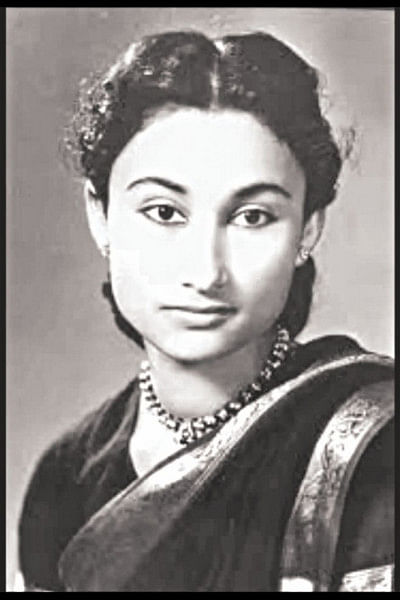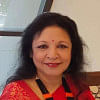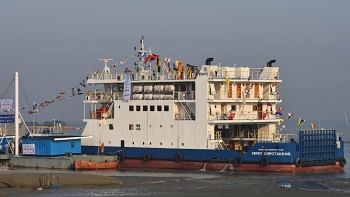Feroza Begum the precious one!

Feroza is a special turquoise stone available in Iran and other parts, signifying a beautiful blue, the hue bringing in a radiance and glow which stands out above all other stones. Aptly named Feroza Begum, our legendary songstress hailed from a very prominent family of Faridpur. As a child, she wandered in a garden of tuberoses and as she enjoyed the effervescent smell from them she immersed herself in listening to some old records lying carelessly in the store room. When the elders looked for this tiny seven/eight year old girl, they found her singing to these tunes on her own!
Her first cousin Col. Huq was studying medicine in Kolkata (later Minister of Health of the Govt. of Bangladesh) and took her to meet the great poet Kazi Nazrul Islam in Kolkata. She was only about ten years old when she sang one of her songs to him. Next to poet Nazrul Islam, famous composer and music director Kamal Dasgupta, Chitto Roy and others were seated too! On the way back as they came down the stairs, her cousin asked, "Do you know who was this man?" "No", she said. "He is the writer of that poem from your book Khuki o Kathbirali!" "Oh my God, poet Kazi Nazrul Islam?" shrieked the little Feroza Begum!
She went back to Faridpur and there she continued her musical pursuit. She grew up through turbulent times when the practice of music was a social taboo for a Muslim girl. Her progressive family offered her lots of support and over the years she made her debut in Kolkata, recording both in Bangla and Urdu. Apart from the songs of Nazrul Islam, she sang from many genres –modern songs, Urdu geet, ghazals and for movies and made her own place in Kolkata. After the illness of the poet Kazi Nazrul Islam in 1942, his songs were almost forgotten and Feroza Begum took a conscious role in bringing them back to life. She recorded songs like More Ghum Oghore Ele Monohor, Dur Deep O Bashini, Rum Jhum Jhum Jhum, Momer Putul and almost all Nazrul's love songs with such emotions that was unparallel. She consciously stayed away from the lures of more lucrative earning potentials from modern songs and stopped lending her voice for playbacks. Feroza Begum's name started becoming synonymous with that of Nazrul Islam. In the early 60s she held a conference of Nazrul songs in Kolkata and rejuvenated his place by inviting all time stalwarts Angurbala Debi, Indubala and others.
In 1967 she settled in erstwhile East Pakistan with her husband the renowned composer Kamal Dasgupta. She was already an adorable singer and it did not take her long to find her place in East Pakistan.
The turbulent times came later, when she sang patriotic songs for Bangladesh and was escorted to the army headquarters during the liberation movement, the Pakistani army threatening her for various reasons.
She struggled as a patriot, she struggled as a woman. Sometimes she was the sole breadwinner, trying to raise her sons on her own. But her dedication to her songs, remained the same. The older she was the stone dazzled even further. Her songs of Nazrul have a special place in the heart of music lovers. Over the years, the practice of her art and her internalization of Nazrul's lyrics, put together with her own interpretation, pathos, ups and downs of the journey of life, took her songs to an ultimate level. She has been adorned with highest civilian awards both in Bangladesh and India, but when an audience repeatedly hums her rendition and is swayed by emotions to hear her voice, that is the greatest tribute. It is that quality that has made Feroza Begum immortal in our lives.

 For all latest news, follow The Daily Star's Google News channel.
For all latest news, follow The Daily Star's Google News channel. 



Comments